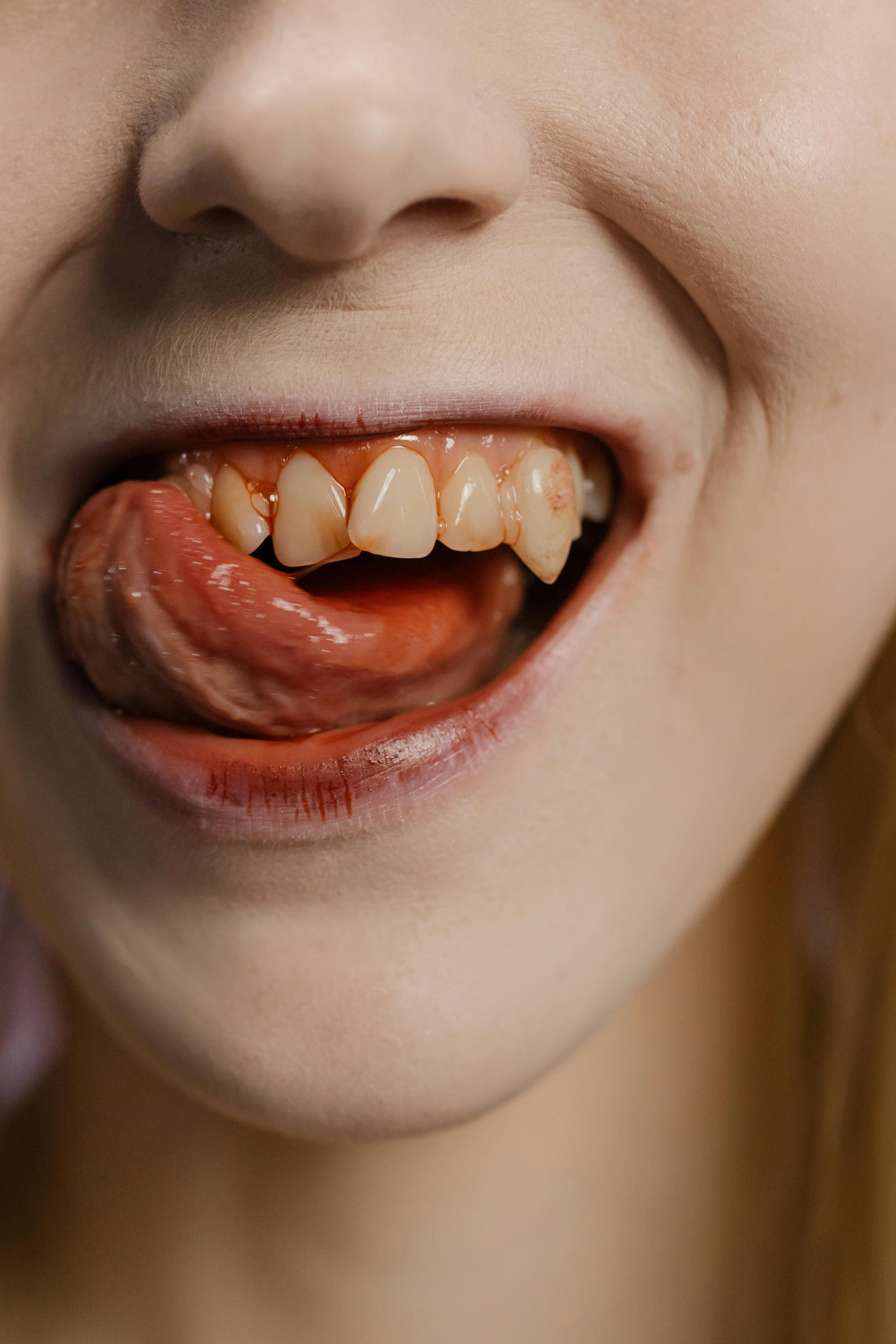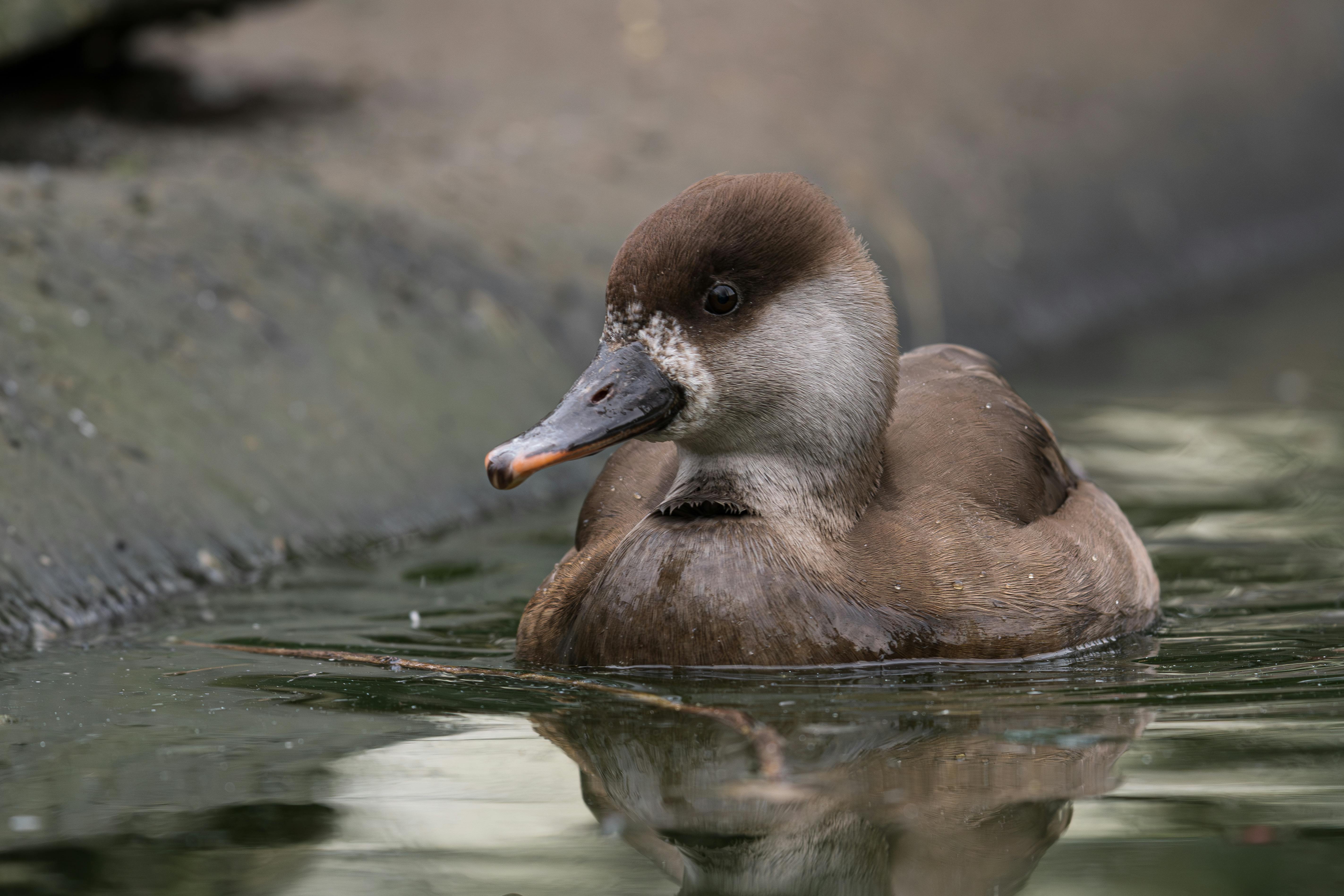
Understanding the Rabbit Gestation Period: Key Insights for 2025
The rabbit gestation period is a fascinating journey into the reproductive health of these beloved pets. As rabbit owners and breeders, understanding the gestation time for rabbits is crucial for responsible breeding and ensuring the well-being of both the mother and her young. In this practical guide, we delve into key insights surrounding rabbit pregnancy duration, the stages of gestation, and the essential care needed during this time.
Rabbits typically experience a gestation length of around 28 to 32 days, but this can vary. Parental care during this period is crucial, as it directly influences the health of the newborn bunnies. This guide will provide a roadmap of what to expect during a rabbit's pregnancy, including signs of rabbit pregnancy, rabbit reproductive system functioning, and caring tips for pregnant rabbits.
Additionally, we will cover common pregnancy complications and effective practices to manage pregnant rabbits. By gaining insights into the rabbit reproductive cycle and developing a deeper understanding of rabbit embryo development, you will be better equipped to support your rabbit and ensure a successful birthing process. Let’s explore the essential aspects of rabbit gestation!
Key Aspects of Rabbit Pregnancy Duration
In this section, we will discuss the critical elements surrounding the rabbit pregnancy duration and its impact on the development of the litter. Understanding the rabbit gestation stages is vital for monitoring health and making informed decisions.
Typical Length of Rabbit Gestation
The average gestation time for rabbits is between 28 and 32 days. New and experienced rabbit breeders alike should be aware that this duration can depend on several factors, including the breed, age of the mother, and overall health. Larger breeds might experience a slightly longer duration, while smaller breeds might have shorter pregnancies. It’s essential to prepare in advance to ensure that you can provide optimal conditions for your rabbit during this time.
The Importance of Gestation Care
Caring for pregnant rabbits requires special attention. During the gestation period, rabbits undergo various physical and behavioral changes due to fluctuating hormone levels. Monitoring aspects like their diet and nesting behavior is crucial. Ensuring they have a comfortable and stress-free environment will promote a healthy pregnancy. Regular veterinary check-ups can also help avoid complications associated with rabbit pregnancy.
Signs of Rabbit Pregnancy
Recognizing the signs of rabbit pregnancy early can help owners prepare for the upcoming litter. Behavior changes are often the first indicators, as pregnant rabbits tend to become more reclusive and may exhibit increased nesting behaviors. Additionally, physical indications include weight gain and changes in appetite. To support the mother effectively, it’s important to familiarize yourself with these signs to provide appropriate care.
Stages of Rabbit Gestation and Fetal Development
As we explore the rabbit gestation timeline, we observe that it comprises several stages, each playing a significant role in fetal development and overall health outcomes. Understanding these stages will help owners monitor their rabbits closely throughout the pregnancy.
Early Stages of Embryonic Development
In the early weeks of gestation, rabbit embryos develop rapidly. The initial formation of the embryo occurs within the first week post-breeding. It is during this time that the foundation for vital organs is established. Proper nutrition and hydration are crucial in these early stages to support the health of both the mother and her developing young.
Middle to Late Stages: Rapid Growth
As the pregnancy progresses into the second and third weeks, rapid growth occurs. By this time, the rabbit's body prepares for birthing. Owners must ensure that pregnant rabbits receive proper care, including the right nutrients and a safe environment. Maintaining an appropriate weight during pregnancy is essential, as excessive weight gain can lead to complications.

Behavioral Changes During Gestation
Throughout the gestation period, significant behavioral changes may occur. Pregnant rabbits may exhibit nesting behavior, preparing a space for delivery. Recognizing these changes helps owners support their bunnies. Ensuring frequent monitoring can assist in identifying any potential issues early, enhancing the chances of successful outcomes.
Caring for Pregnant Rabbits: Essential Tips
Caring for pregnant rabbits involves more than just monitoring their health; it also includes creating a nurturing environment and providing necessary resources. This section offers practical tips for managing pregnant rabbits effectively.
Nutritional Needs During Pregnancy
Proper nutrition is vital for pregnant rabbits. Providing a balanced diet rich in hay, fresh vegetables, and high-quality pellets can support the mother and developing embryos. Essential nutrients like calcium and protein are crucial for fetal growth and rabbit health. A veterinarian's guidance on dietary changes may be beneficial during this period.
Creating an Ideal Environment
Providing a safe and comfortable environment is essential for pregnant rabbits. Housing considerations include sufficient space for nesting and minimizing stressors. Keeping the environment clean and quiet can help the mother feel more secure, thereby enhancing her chances of carrying a healthy litter to term. Owners should consider the specific habitat needs of their rabbits when preparing for the upcoming litter.

Post-Natal Care and Support
After the rabbits are born, immediate care is important. Monitor the mother for any signs of distress and ensure that the bunnies receive adequate nursing. Familiarizing yourself with the rabbit birthing process can help ensure a smooth transition from gestation to caring for newborns. Establishing a nurturing approach from the start fosters a healthy start for the bunnies and peace of mind for the owner.
Common Rabbit Pregnancy Complications
While most rabbits experience straightforward pregnancies, complications can arise. Being aware of these potential issues will empower owners to take action when necessary.
Identifying Complications Early
Common complications during pregnancy may include miscarriage and health issues stemming from the mother's health. Observing changes in appetite, behavior, or physical condition can help identify problems early. Seeking veterinary advice promptly for any concerns can help mitigate risks to the mother and her litter.
Rabbit Hormones and Behavior Management
The role of hormones during pregnancy significantly affects a rabbit's behavior. Understanding how these hormones influence mood and temperament will assist owners in creating supportive environments. A more anxious rabbit may require additional comfort measures, such as gentle handling and a calm habitat.
Aftercare for Mother and Newborns
Following birth, postpartum care is crucial for a rabbit's health. Ensuring the mother receives proper nutrition, hydration, and health monitoring will prevent complications. Being prepared to care for newborns includes understanding their specific needs, such as warmth and nutrition. Proper care guarantees the health and well-being of the entire rabbit family.
Rabbit Pregnancy FAQs
To further assist rabbit owners, here are some frequently asked questions about rabbit gestation, pregnancy complications, and care tips.
How Long is a Rabbit's Pregnancy?
The typical rabbit pregnancy lasts between 28 to 32 days. However, it’s essential to note that this duration can vary based on breed and individual health factors.
What Are the Signs of Pregnancy in Rabbits?
Signs of pregnancy may include behavior changes, increased nesting, and weight gain. Owners should closely observe their rabbits throughout the gestation period for these indicators.
What Should I Feed a Pregnant Rabbit?
Feeding pregnant rabbits involves providing a balanced diet that includes hay, fresh greens, and high-quality pellets, with a focus on essential nutrients for fetal development.